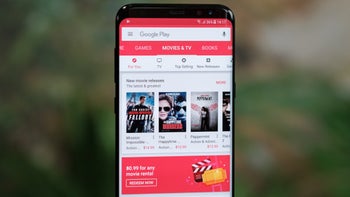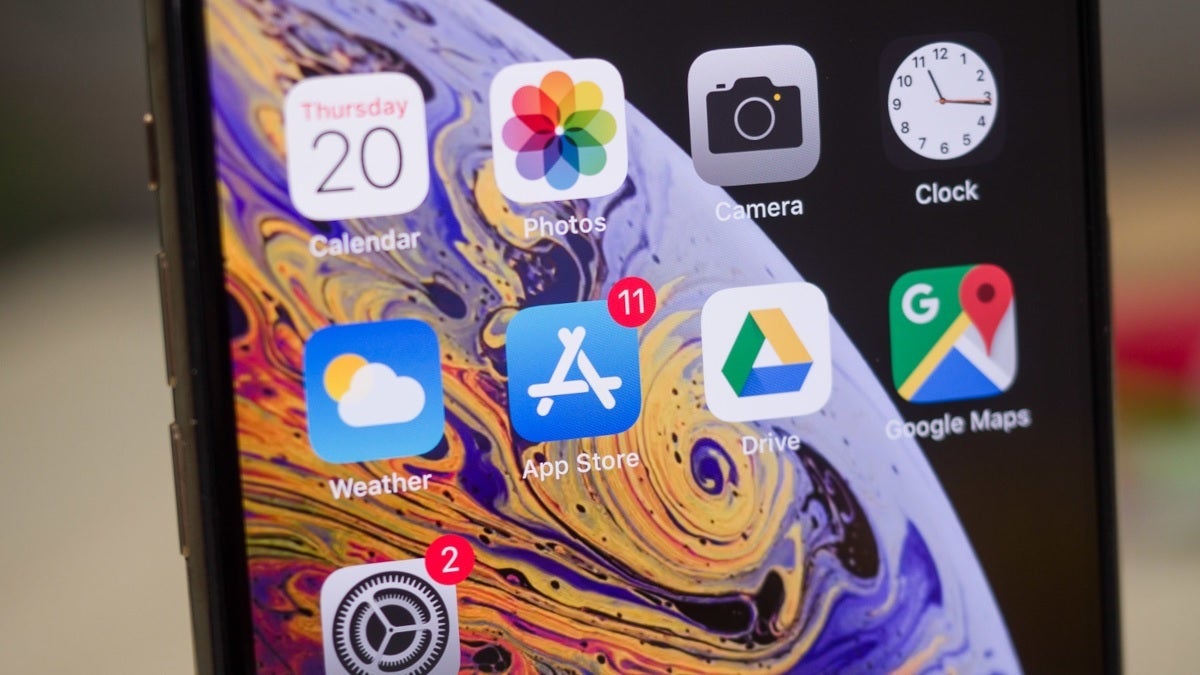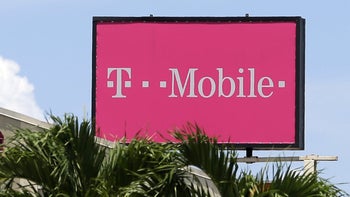Korean lawmaker says Apple and Google need to do more to comply with new law

Apple and Google are both failing to fully comply with South Korean legislation that prevents app store operators from forcing developers to use their own payment platforms. As you already know, Apple and Google, with the App Store and Play Store respectively, forced developers to route all in-app payments through their own systems to collect as much as a 30% slice of in-app payments.
Lawmaker says that Apple and Google are not complying with a law banning them from forcing developers to use their payment platforms
When legislation in South Korea passed, it became the first country to pass a law in an attempt to block the tech giants from imposing this "tax" on developers. According to Reuters, an official at the Korea Communications Commission (KCC) said that tomorrow (Wednesday), South Korea will reveal what changes tech firms will need to follow in order to comply with the legislation.

South Korea lawmaker says Apple's claim that it is complying with a new law is 'nonsensical'
Korean lawmaker Jo Seoung-lae is the person who directed an amendment to the Telecommunication Business Act in August in an attempt to prevent Apple and Google from taking a cut of in-app payments. While the law went into effect in September, the Korea Communications Commission (KCC) still has to announce what tech firms have to do to be considered in compliance with the law.
Google said that it would allow third-party payment processing systems to run Play Store charges in South Korea. But the Alphabet subsidiary also said that it would reduce the cut that it takes by four percentage points when such a platform is used instead. Apple told the South Korean government that it was already complying with the law and that no changes had to be made.
Jo, the South Korean lawmaker who helped get the legislation passed, said, "Frankly, we are not satisfied... Apple's claim that it's already complying is nonsensical. Excessive fees take away developers' chances for innovation ... parliament is to be closely informed as the government drafts detailed regulations to make sure there is accountability."
Epic Games CEO Tim Sweeney, who dared to take on Apple and Google by including a link to Epic's own payment system inside the app for its popular Fortnite game, is a vocal critic of both tech firms. Fortnite ended up getting kicked out of both the App Store and the Google Play Store. The executive said, "This is the first legislation worldwide with the chance to transform the market from a duopoly with Apple and Google.
But Sweeney won't be pleased just being able to promote third-party payment platforms in the App Store and Google Play Store. He wants Apple and Google blocked from charging any fees to developers promoting third-party payment platforms. This is what Google is doing in South Korea and "ruins the point of competition," the CEO says.
Apple and Google are too big to be hurt by the proposed penalty
The KCC is preparing the details of an ordinance that will be reported to a parliamentary committee tomorrow according to KCC Vice-Chairman Kim Hyun. At this stage though, it is not clear what penalties tech firms like Apple and Google will face if they do not follow the law. An early draft seen by Reuters called for a penalty of up to "2% of revenue" for app store operators who fail to abide by the law.
But that penalty is certainly not clear. Is it based on global revenue, in-country revenue, or app store revenue? The wording here can be the difference between a stiff but affordable fine, and a hefty payment that actually takes a bite out of a company's financials. Still, no matter what the fine is based on, Apple and Google are big enough that any fine won't feel like anything more than a mosquito bite.
That is the point of Meghan DiMuzio, executive director of advisory group Coalition for App Fairness who says, "We've seen in other jurisdictions that these monetary penalties actually don't deter companies like Apple and Google because to them, it's a drop in the bucket."










Things that are NOT allowed: